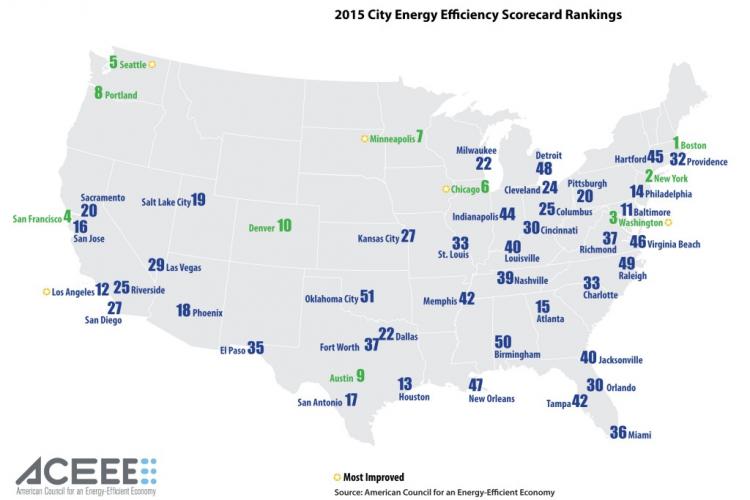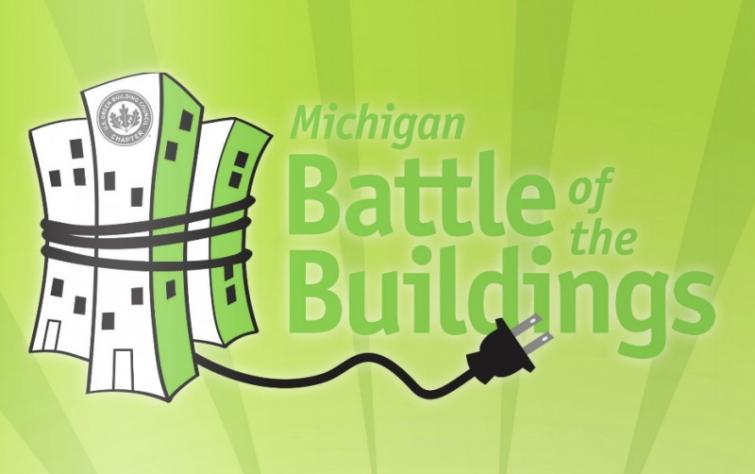Benchmarking Heats up in the Midwest
In the last month, energy benchmarking at the city level has really heated up in the Midwest. Benchmarking policies have proven to be a crucial first step to achieving energy savings for cities. Buildings comprise around 40 percent of the total energy consumption in the United States.
Kansas City, MO
Kansas City is preparing for its first privately-owned buildings to report under the Kansas City Energy Empowerment Ordinance. All non-municipal buildings (institutional, commercial, and multifamily residential) of at least 100,000 square feet must submit their energy and water consumption data by May 1, 2017.









